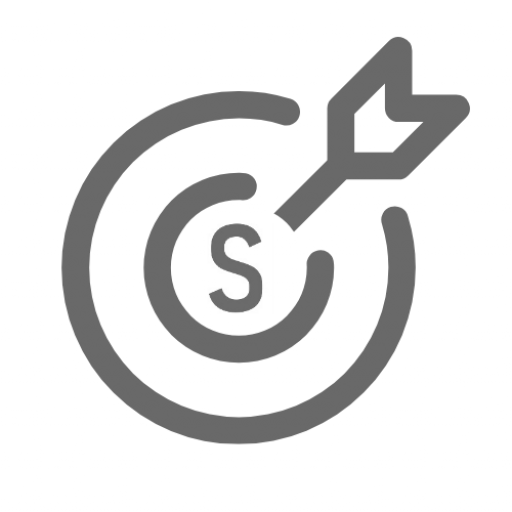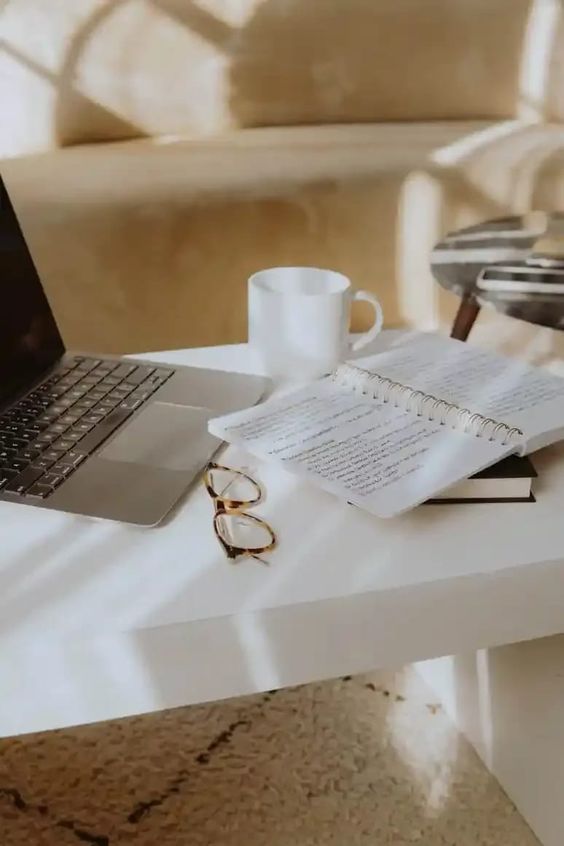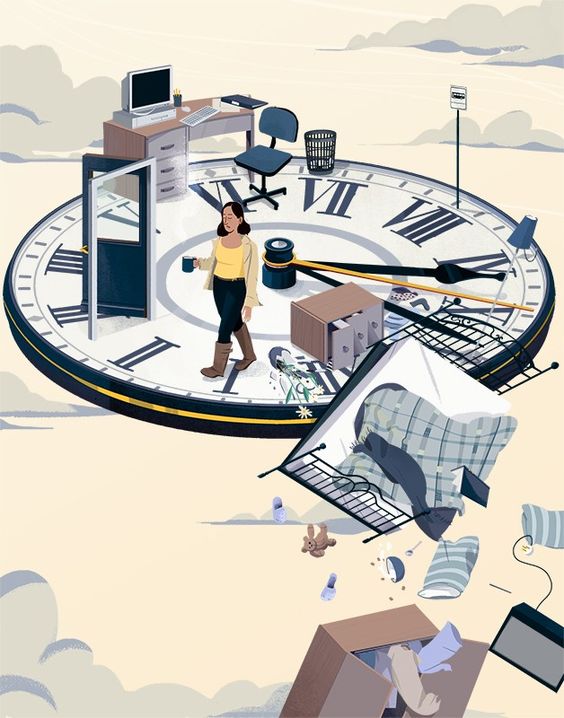

Self-awareness is critical to increasing your wellbeing
The key to good well-being is to have good self-awareness. The noun for self-awareness being:
“Conscious knowledge of one’s own character and feelings”
In his book ‘Happiness’ by Mathew Richard he claims that ‘it is only looking inside yourself that you can find real joy’, and self-awareness is most definitely that.
Without knowing what truly makes you happy… you will most certainly struggle to be happy?
Self-awareness also involves recognising areas for personal growth.
Sitting down to take the time to assess your key life areas is a fundamental part of self-awareness.

If you don’t know something needs attention, then there is nothing you can do about it. How is your relationship? your career? your health? Self-awareness involves looking into these areas and then creating goals to make changes. Because the alternative is that you passively go through some of your most exciting years whilst in higher education and miss out on what will truly excite you and make you happy!
This is the reason setting goals is at the start of the Semester student planner. We want you to give these areas focus and decide exactly what you want from the get go. We want you to start thinking about what is important to you and where do you want to focus your attention? Do this even in a small amount and we promise you that your university or college experience will quickly transform.
For sure you wont always get this right (we certainly didn’t 😂), but by taking the time to develop this skillset it allows you to live more in line with what you truly want. You live your academic life with greater fulfilment.
It is also a key reason why we have created the ‘Your new self’ element to the planner. This is a space to think about what habits you must set to reach your ultimate goals. This involves taking the time to look inward, and identifying the changes which need to be made for you to become the best version of yourself. We also create a space to identify new values and standards which you want to set for the year. Those which will bring you closer to your goals. This again, is developing your self-awareness. So that is stage one of self awareness complete…the before. Now lets look atthe “after” once you are set up and ready to really elevate yourself to your full potential!
Stage two of this is all about maintaining that self reflection with short and regular reviews of how your doing. Reviewing your performance also involves key self-awareness of the good things but also what you can learn from in the future. Without recognising your struggles how can you improve? When you know what is working you can do more of it! Therefore, we have included the weekly review in our planner as well as your “daily wins” and “what did I learn today” section. This allows you the time to self-reflect and develop your self-awareness. The ‘Stop, Start & Improve’ section focuses in on this. A simple, yet effective task at understanding your overall performance and how you can adjust to make yourself better for the week ahead. Another huge self-awareness tool. A quote from one of the Semester community is below, detailing the benefits of the weekly review page…
“The weekly review is definitely my favourite part.” – @studentparamia
Self-awareness sometimes involves taking a step back. Self-awareness is not just about pure striving and thinking about “what do I need to do next”. It is also about understanding your feelings and how these can help you to continually adjust course to where you really want to be on your academic journey.

Do you feel fulfilled?
Are you happy?
What might need to change?
Are you listening to your feelings?
Do you recognise you are burning out before it’s too late?
Are you neglecting some area of personal self-care?

There are different ways we can improve our self-awareness. We have included various methods throughout the planner as discussed.
One way which is always worthy of talking about is meditation or mindfulness. You do not need to be enlightened or a Buddhist monk to achieve it. You just need to spend some time with your thoughts and feelings (which so many of us are unfortunately resistant to do).
Semester Fact: There was a study conducted where volunteers were invited to take part in “thinking periods”. For this they had all of their belongings taken away from them including things like their phone (god forbid not having your phone ehh!) and placed in a sparsely furnished room. They had to sit in this room for up to 15 minutes with their own thoughts…the result, around 50% of people did not like the experience. Now for the most concerning part of the study! They did the study again but this time the participants were allowed to give themselves an electric shock if they wanted too. Even though ll participants had previously stated that they would pay money to avoid being shocked with electricity, 67% of men and 25% of women chose to inflict it on themselves rather than just sit there quietly and think. This is absolutely mental!! And it just shows how uncomfortable we are in todays environment with just being with our own thoughts!
Often, we think of meditation as quieting the mind and that’s ok, however, for me I believe self-awareness can involve listening to our thoughts. Recognising them. What is our ego telling us? This is something I have personally learned (Although I do not do it as often as I should!)
In Fearne cottons book ‘bigger than us’ she has a conversation with a professional named Jambo, and he described meditation as allowing to bring our ego in.
It isn’t about losing all ego-based thoughts but observing them and listening to them to see what’s really beneath them.
She says that when your meditating, forget about clearing your mind, and just try to be your own best mate. ‘Come here babes what’s up’ is how she puts it.
If meditation is not for you try journaling (A favourite of mine). Good journal questions are designed to get you thinking and to become more self-aware. It allows us to self-reflect. You could take the time now to grab a piece of paper and answer those questions listed above. Journaling is also part of the Semester Student Planner, with the various questions we ask you throughout to get you thinking.
Self-awareness is a key skill, and this blog does not do it full justice, however, we most definitely need to be thinking about how we can apply self-awareness.
Those who succeed will have high levels of self-awareness, they recognise their flaws as well as their strengths. They are also open to change.
It’s a huge tool. A tool that we should be using for the rest of our lives.
If you enjoyed this blog, please let us know in the comments. Or share the blog with a friend.
#LetsGrowTogether 🎯
Share this post
Related Post


Harnessing the Power of Planning: A Strategic Tool for Overcoming ADHD Challenges in Study
In recent years, Attention Deficit Hyperactivity Disorder (ADHD) diagnoses have seen a significant uptick across the globe, with the UK

Navigating the Winter Academic Chill: Strategies for Student Success
As winter blankets the world in a chilly embrace, students find themselves facing a unique set of challenges. The final

Time Management Tips for Students: A Successful Year Ahead
Introduction: Time management is a critical skill for students to master. Effective time management can make the difference between a



